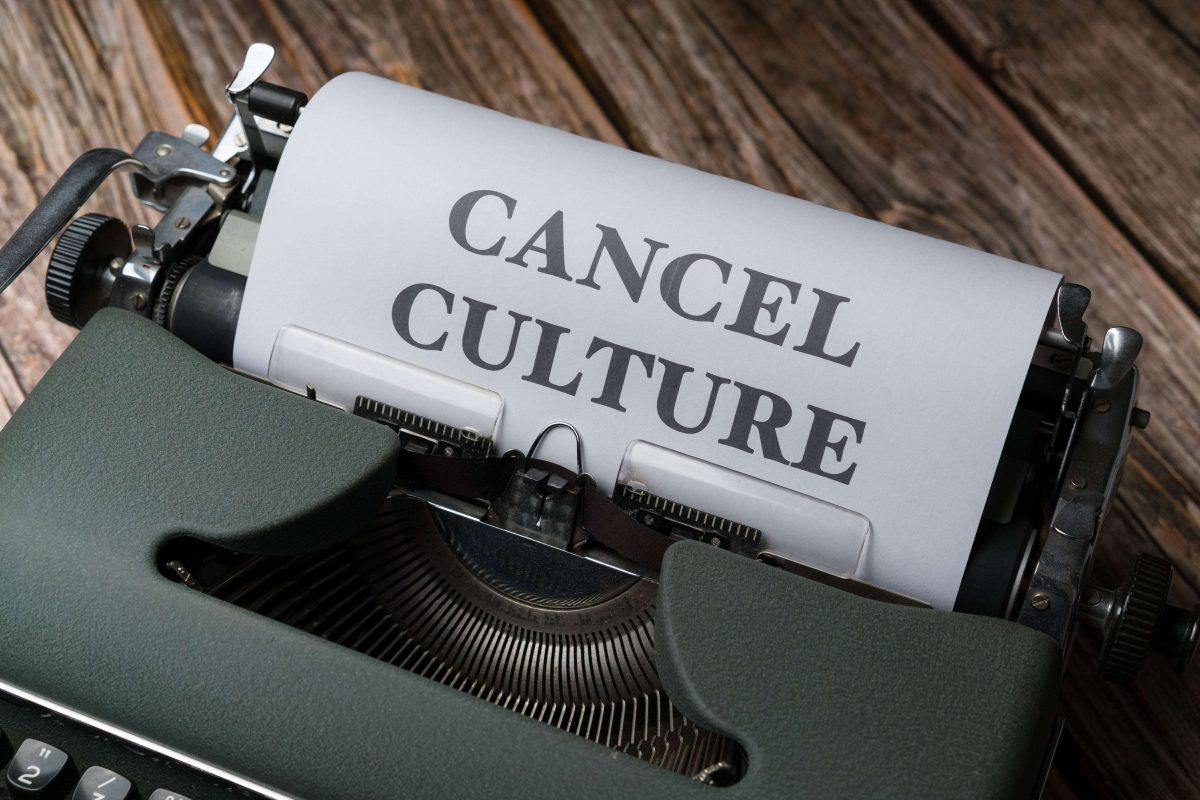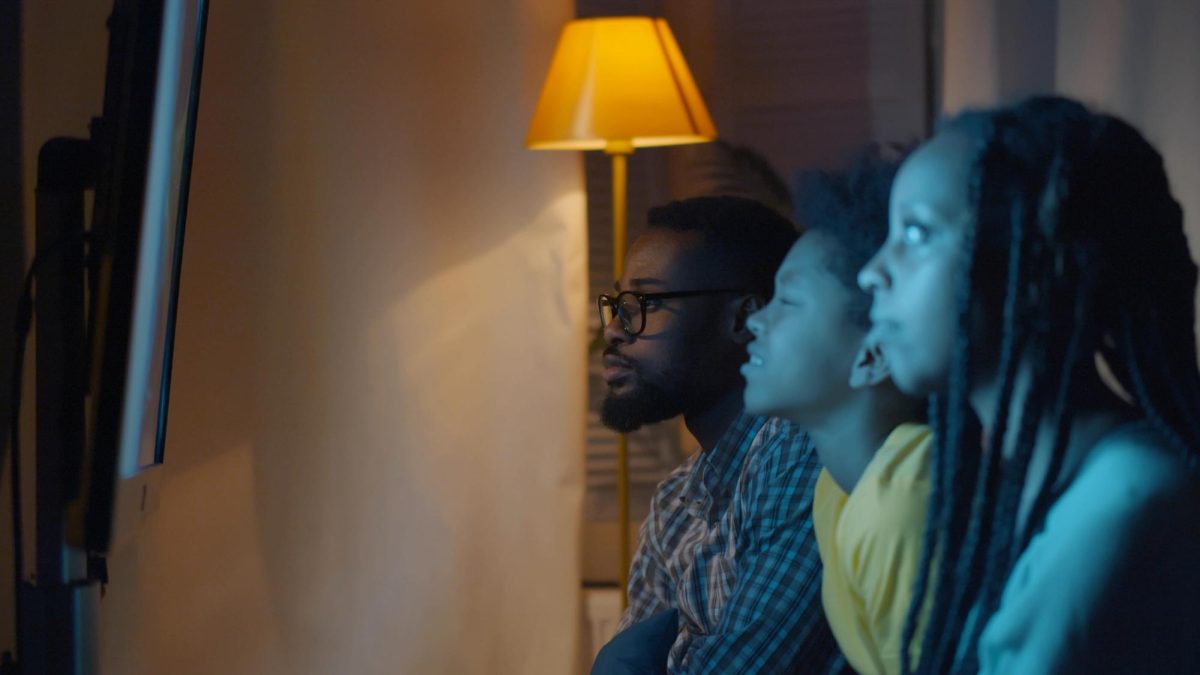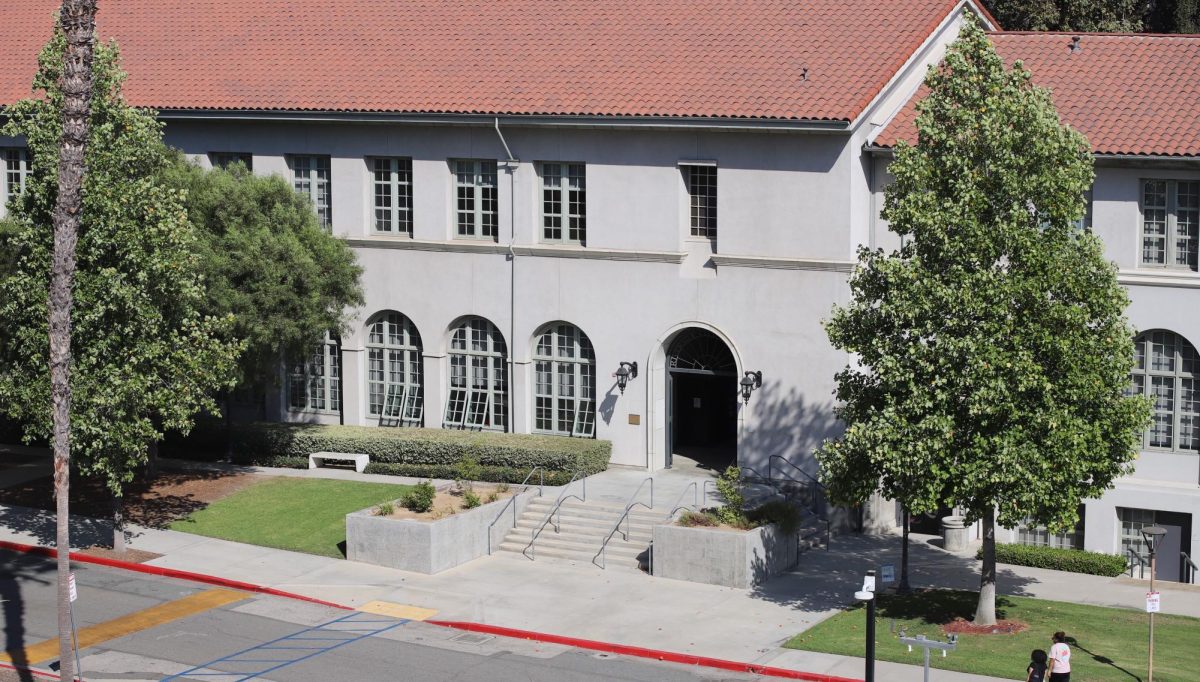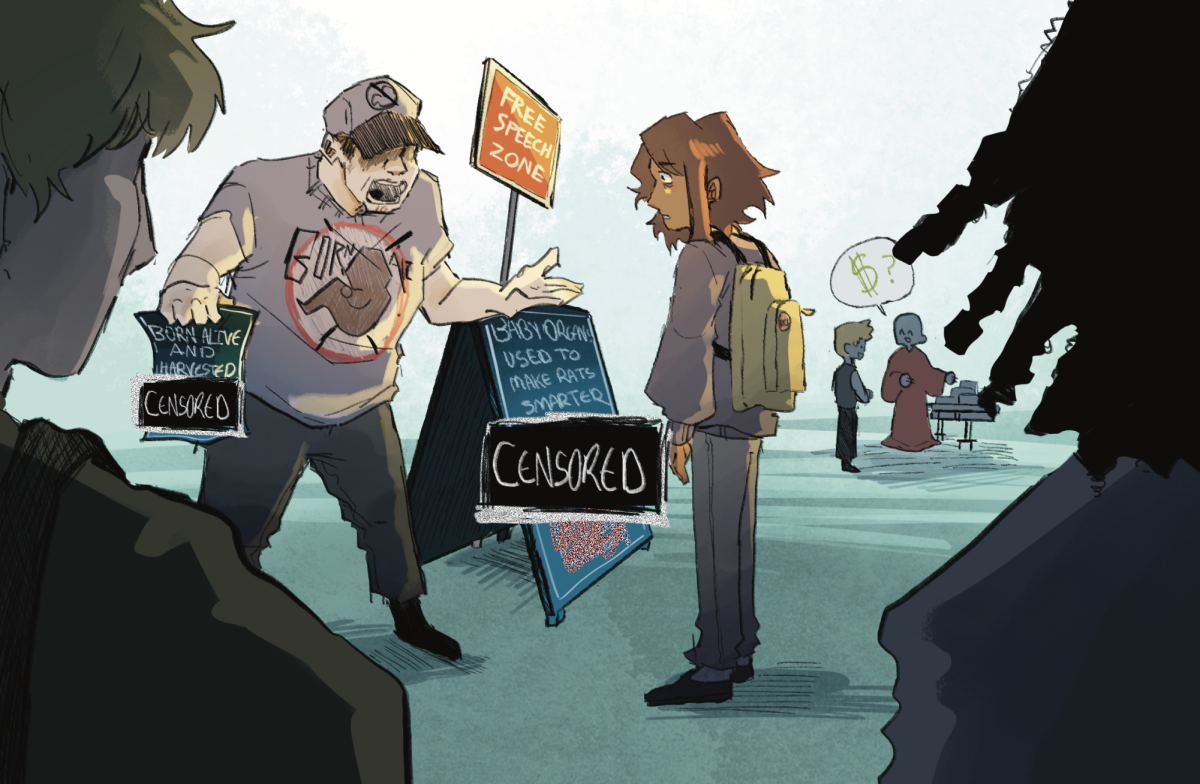By Victor Ledbetter Jr.
According to Wikipedia, cancel culture is defined as, “the practice of withdrawing support for public figures and companies after they have done or said something considered offensive. It can also refer to the act of ostracizing, boycotting, or shunning people who are deemed to have acted or spoken in an unacceptable manner.”
I bring this up because at the entrance of the RCC Digital Library, a question was proposed on a whiteboard:
“Is cancel culture beneficial or harmful to society?”
In my opinion, “canceling” a public figure is a double edged sword. In some ways, it can help expose people who have swept their deplorable actions under the rug. Actions like pedophilia, child grooming, sex trafficking, racism, domestic violence and much more.
Usually one or multiple victims could step forward with an overwhelming amount of evidence, and if the evidence is proven to be true, this could lead a figure to be forced out of a job whether it is acting, music, or whatever career they are in.
Think Kevin Spacey getting exposed by multiple people for essentially grooming young children, which ignited the #MeToo movement. Spacey then openly admitted it after the evidence became too overbearing. That is how Spacey got written out of a popular Netflix show “House of Cards”, and how he got edited out of “All the Money in the World”. Spacey no longer has the privilege of “stealing a scene” because he has no more scenes to steal.
The other side of the sword is where people like me and you can use this power of culture to just get rid of public figures for little reasons, even down to not even liking a person.
So to back up the first scenario, an unsavory individual could be “exposed” by some people and the evidence looks very convincing, right? This would usually result in a figure having their social status ruined.
Imagine the shock when that evidence is proven to be false. Worst of all, people interacting constantly with social media might not see the false narrative and will just run with that.
Using cancel culture to metaphorically cut out people we just don’t like, or whose work we don’t exactly enjoy can be very dehumanizing to the cancelled and a toxic dose of unchecked power for the people doing the canceling.
In some cases, cancel culture could make people become addicted to getting angry or finding drama, and reasons to try and spread negativity and false information.
I have fallen victim to that lifestyle. I would hop on Reddit, and just look into gossip blogs and the like. The amount of time I would dedicate to looking up scandals would be overwhelming. I felt like I was destroying my livelihood looking for people to hate on.
I have since then deleted Reddit for a myriad of reasons, but since then I have realized cancel culture (while being a source of good) can breed negativity, something that can invite people to lash out and destroy others.
As much as people say the culture and movement are harmful, I actually think that it is beneficial to society to a fault. It controls the careers of celebrities and common folk. It can help victims in need of grievance, vengeance, and justice. It can take power away, and give a power surge in an instant.
One more scenario for the road: enter Richard Bacon. He was a former BBC Radio host who was fired from British TV program “Blue Peter” after admitting to taking cocaine.
For an interview for Mirror, TV editor Jamie Roberts was left with this quote from Bacon which I believe sums up the true question to be asked when someone is cancelled:
“I’d love us all to slow down, go, ‘Stop, let’s think about this. Does this person really deserve never to have a career?'”







